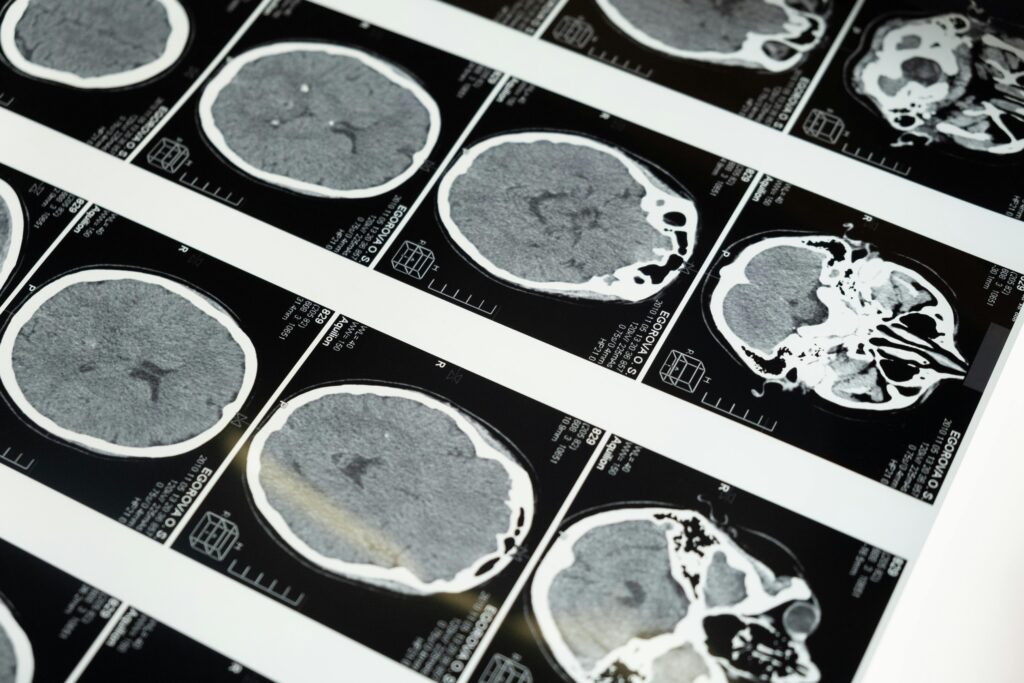It’s International Long Covid Awareness Day. Where do we stand?

Today is International Long Covid Awareness Day. It’s now been four years since Covid arrived and since millions of otherwise healthy individuals have been rendered disabled. A lot has happened since then and a lot of people have moved on. A lot of people would rather forget. But mounting research now shows Covid causes brain damage and reduces our memory function. So if you’re experiencing increased forgetfulness, it might not just be in your head.
Studies published in the New England Journal of Medicine reveal a stark increase in cognitive deficits post-Covid-19 including memory problems and significant drops in IQ scores. Imaging studies further illustrate brain volume shrinkage and altered brain structure post-infection, along with prolonged inflammation equivalent to seven years of brain aging.
Even in cases where Covid-19 remains mild and confined to the lungs, it can provoke inflammation in the brain and impair its regenerative abilities. This neurological toll extends beyond mere brain damage, encompassing headaches, seizure disorders, strokes, sleep disturbances, and mental health disorders.
What’s more alarming is the compounding effect of multiple infections. Research indicates that the likelihood of experiencing long-term health issues increases with each subsequent infection. Shockingly, the risk of developing at least one long-term health issue within 180 days rises to 300% following three infections.
The most impacted demographic is younger than you think: individuals aged 25-39 experience the highest occurrence of Long Covid, closely trailed by adults aged 40-54, as reported by the Centres for Disease Control and Prevention. Perhaps this could explain why the number of people not looking for work in Britain has increased by 35% since the pandemic began. It is important to note that this only references people who are entirely out of work. It doesn’t include all the others may have had to decrease their work hours or transition to part-time employment because of Long Covid.
Children are affected too. Professor Jeremy Nicholson of Murdoch University highlights significant biochemical effects in children. He stresses that a mild illness in children can still cause cardiovascular changes comparable to those in adults with severe disease. The long-term implications of these effects remain uncertain but what we do know is this: Covid is an ageing accelerator.
If you’re wondering how all of this could be true and yet not common knowledge, then we need only look at the early years of other epidemics to see how minimising and deniability has been a theme of those too. It took decades for advocates with scientific knowledge of the harms of smoking to reverse the propaganda. During the initial stages of the AIDS crisis, the world disregarded the issue despite the mounting death toll and it took over three years before Reagan spoke about AIDS publicly.
Perhaps a contributing factor to the absence of public health guidance on Long Covid might be because politicians are adopting measures for themselves that Long Covid advocates are pushing for the broader public: cleaning their air. Westminster has been fitted with high grade air filters systems to reduce infection, a step echoed by other UK government departments. As George Monbiot writes in The Guardian “There’s a powerful argument that just as cholera was stopped by cleaning the water, Covid will be stopped by cleaning the air”.
The aggregate impact of billions of people contracting Covid-19, with one in ten developing some form of long-term issue, cannot be ignored. Long Covid awareness transcends personal experience—it’s about recognizing the collective impact on individuals, communities, and the economy.